
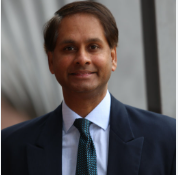
Edith Cowan University
Australia
Nobel Research Award From Scientific Laurels
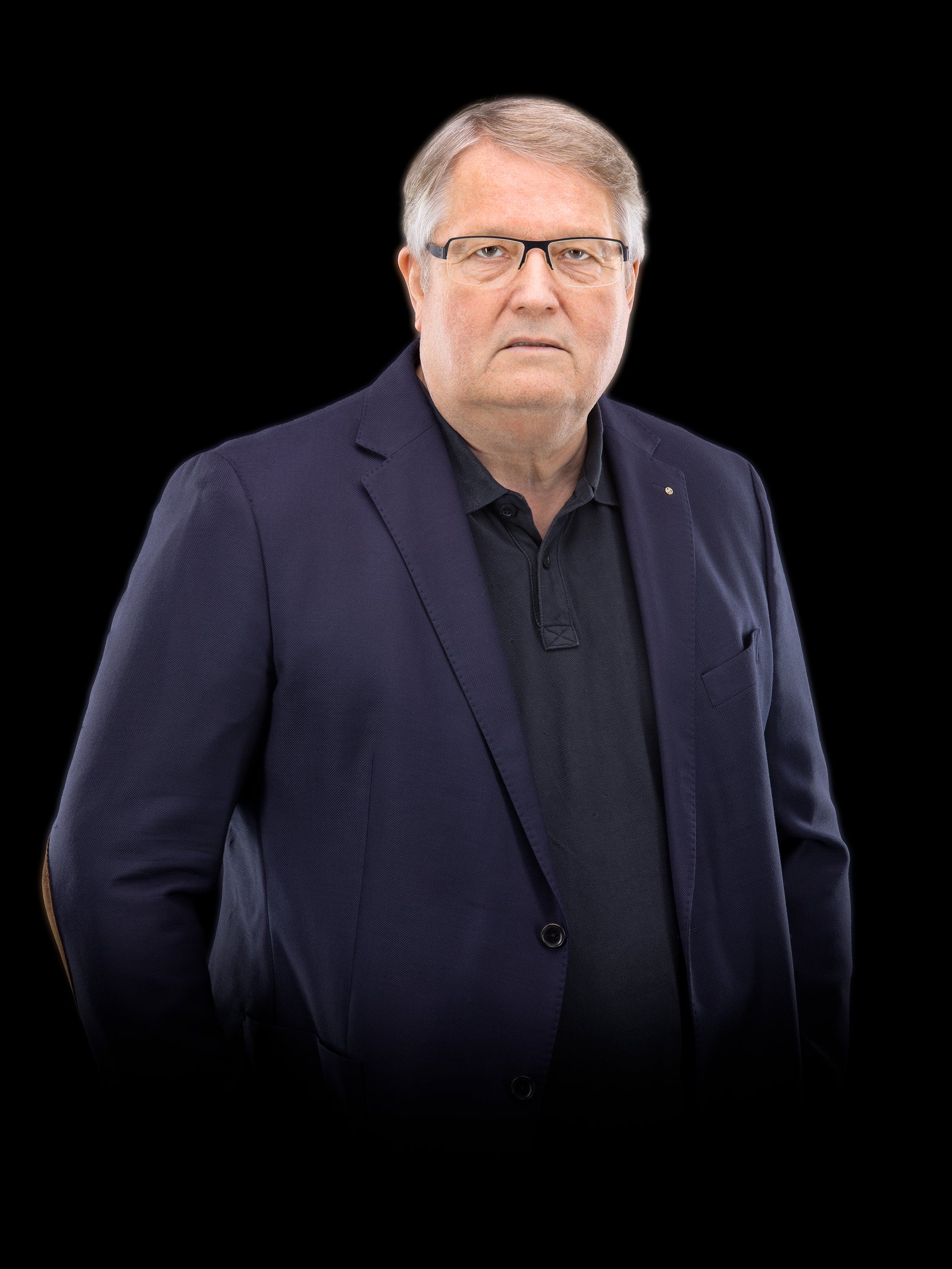
CEO epeaswitzerland gmbh
Switzerland

Newtown Square, PA
USA
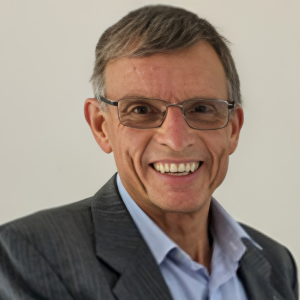
Progressive Energy Ltd
United Kingdom
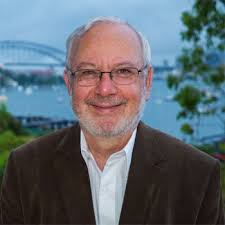
Griffith University
Australia
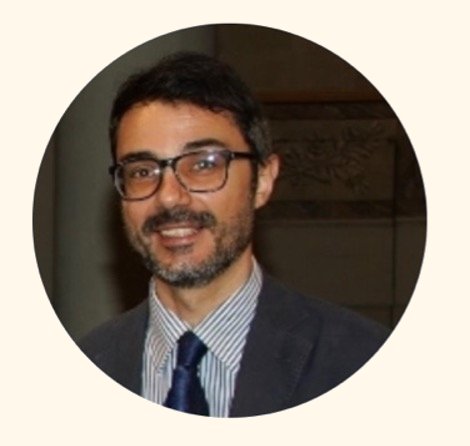
National Research Council (CNR-IRET)
Italy
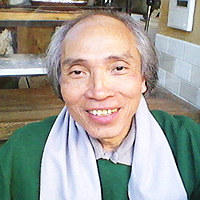
Jiangsu Vocational College of Medicine
China
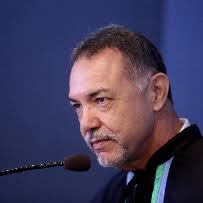
Catholic University of Brasilia
Brazil
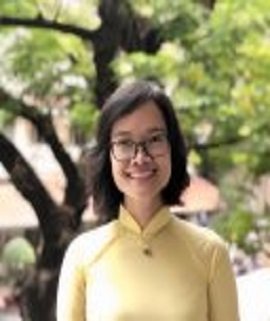
University of Science
Vietnam
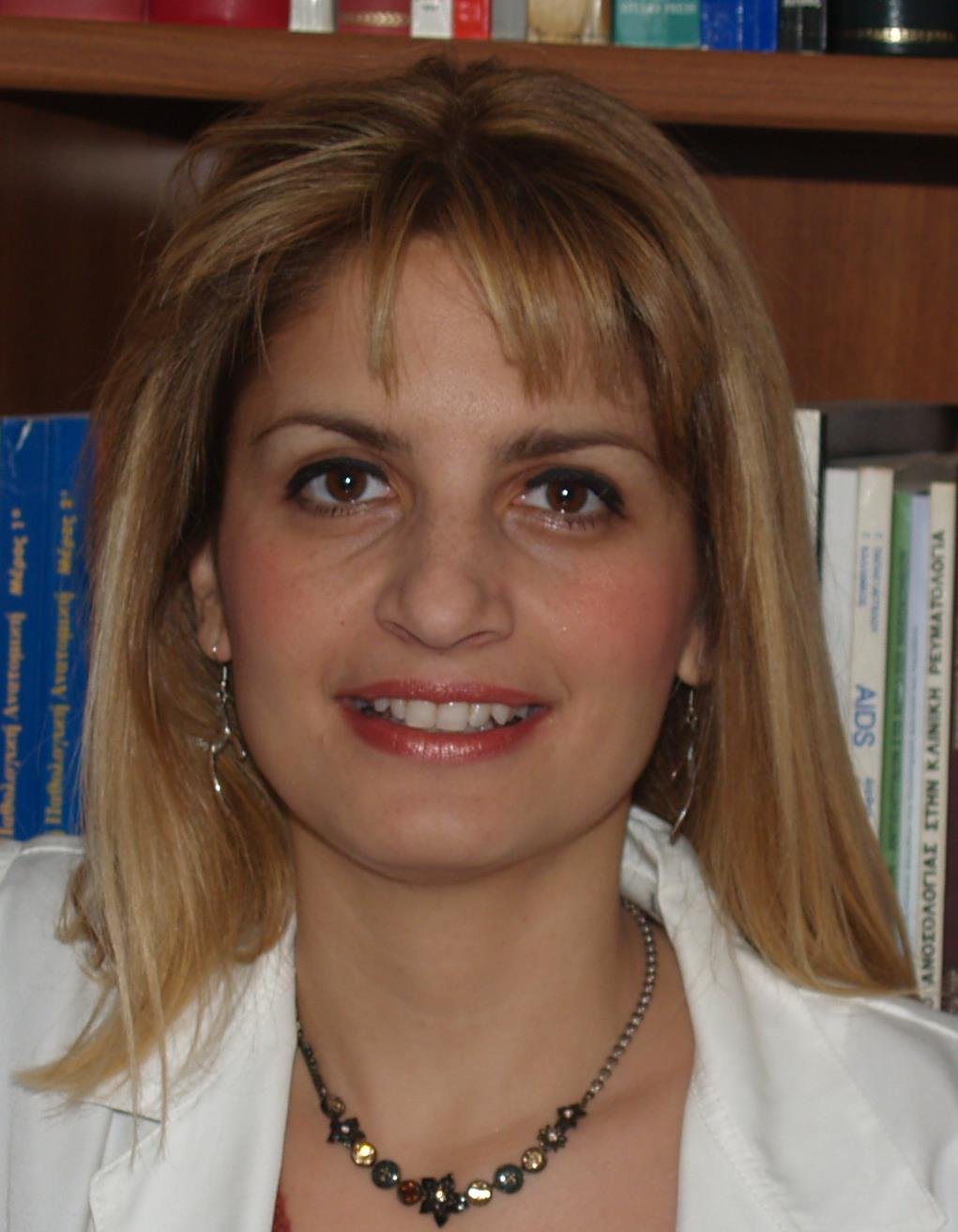
University of Athens
Greece
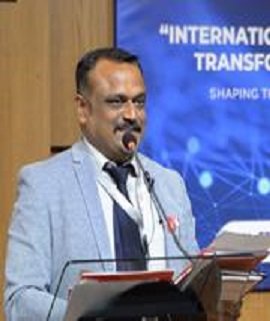
ADYPU Pune India, and UTS Sydney Australia
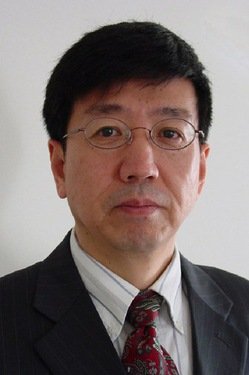
Dr. Peter X Ma is the Richard H Kingery Endowed Collegiate Professor at the University of Michigan. He is a full professor with quadruple appointments in the Department of Biologic and Materials Sciences, Department of Biomedical Engineering, Macromolecular Science and Engineering Center, Department of Materials Science and Engineering. These departments are in the Schools of Dentistry, Engineering, and Medicine. Dr. Ma has been an invited/keynote/plenary speaker for more than 275 times at conferences and institutions worldwide. He is an inventor of more than 30 US patents and patent applications. He has edited 4 books and published 277 peer-reviewed articles in scientific journals and books. Professor Ma received a Whitaker Foundation Biomedical Engineering Young Investigator Award in 1999, won a DuPont Young Professor Award in 2000, was featured as one of the five outstanding biomedical engineers by the Whitaker Foundation in 2004, won the Isaac Schour Memorial Distinguished Scientist Award from International Association of Dental Research in 2013, and won the Clemson Award for Contributions to the Literature from the Society for Biomaterials in 2013. He received an Honorary Professorship from Tsinghua University in 2008, an Honorary Professorship from the Zhejiang University Medical School in 2008, and an Honorary Professor of Xi’an Jiaotong University in 2010. Dr. Ma was named one of the Top 100 materials scientists in the world by Thomson Reuters. He is a Fellow of the American Institute for Medical and Biological Engineering (AIMBE), Fellow of Biomaterials Science and Engineering (FBSE) of the International Union of Societies of Biomaterials Science and Engineering, Fellow of the Materials Research Society, Fellow of American Association for Advancement of Science. Professor Ma reviews grant proposals for NIH, NSF, DOD, NSERC (Canada), Canada Foundation for Innovation, European Commission, Wellcome Trust (UK), Austrian Science Fund, Swiss NSF, Dutch Technology Foundation, Israel Science Foundation, Singapore Science & Engineering Council, Singapore National Medical Research Council, Singapore National Research Foundation, Hong Kong UGC, Hong Kong RGC, NSF of China, US Civilian Research & Development Foundation, ACS Petroleum Research Fund, MIT Sea Grant College Program etc. Professor Ma serves as a reviewer for more than 90 scientific journals (on 11 Editorial/Advisory Boards) and reviews faculty tenure/promotion packages for 44 institutions. He has served on 42 organizing committees of conferences and symposiums and has chaired 57 symposiums and conference sessions.
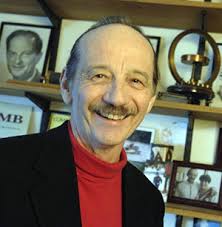
Dr. Temple Smith graduated with a Ph.D. in Nuclear Physics from the University of Colorado in 1969. Then did a National Institutes of Health (USA) postdoctoral fellowship under the direction of the mathematician, Stanislaw Ulam, and the molecular biologist, John R. Sadler. There he carried out a detailed analysis of the E. coli Lac operator mutations. In 1979, Dr. Smith was one of the founders of GenBank, the US/NIH repository of Nucleic acid and protein sequences, initially at Los Alamos National Laboratory. There, he with Walter Goad developed a statistical mechanical model of the Lac operon system similar to those now being developed in systems biology. Dr. Smith is a co-developer with Michael Waterman of the Smith-Waterman sequence alignment algorithm, underlying most DNA and protein sequence comparison methods today. Dr. Smith spent a sabbatical year working with Harold Morowitz at Yale resulting in a seminal paper on the relationship between biology, physics and history. In 1988 he moved to the Harvard School of Public Health in Boston, there organizing a computational biology research center and initiating a series of international meetings, “Genes and Machines†on the application of computers in modern biology. In 1991 the center moved to Boston University, becoming the BioMolecular Engineering Research Center in the College of Engineering. Dr. Smith research has included, the evolution of protein structure;the modeling of the WD-repeat protein family with Dr. Eva Neer; the history of the Life Guard apoptotic regulatory protein family. Dr. Smith has served on a number of NIH and NSF review and advisory panels. As a member of Fly Base, he helped carry out a full-genome comparative evolutionary analysis of the Drosophila clade. More recently he has investigated the origin of the eukaryotic cell and the evolutionary of the cellular genetic translation system. In 2015 Dr. Smith was inducted as a follow of the American Association for the Advancement of Science (AAAS), as is also a fellow of the ISCB. He has over 200 reviewed publications. Dr. Smith was elected Emeritus Professor in BioMedical Engineering at Boston University, where he has continued his research and graduate student advising. Dr. Smith is an avid skier, ice climber, sailor, hockey coach and family man with four sons. He is also the co-founder of a small gene engineering company, Modular Genetics, Inc. in Woburn, MA
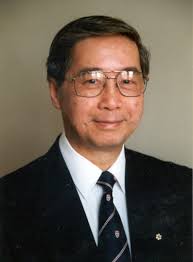
Director of Artificial Cells & Organs Research Centre and Emeritus Professor, McGill University. He invented the first artificial cell (Chang, McGill 1958, Science 1964). It is now used for blood substitutes, nanomedicine, COVID vaccines, nanobiotechnology, gene therapy, enzyme therapy, cell/stem cell therapy, cancer therapy, drug delivery, regenerative medicine, hemoperfusion, nanorobotics etc. He received the highest Canadian civilian award of the Order of Canada (O.C.). He was voted worldwide as the “the Greatest McGillian” in McGill University’s 190 year history
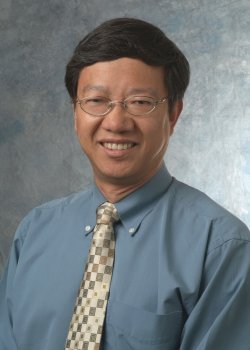
As with most of the scientists profiled in these pages, the work for which Dr. Lu received his Gund-Harrington award didn't stem from a particular career goal. It is often a mix of driven scientific curiosity, specific areas of expertise, and happenstance. “I've always aimed to figure out better ways to help people suffering from all kinds of diseases, pure and simple,” Dr. Lu says. “My work investigating novel drug delivery therapies, nanomedicine, biomaterials, etc. has led me to Stargardt disease.” Usually appearing in childhood or adolescence, almost everyone with Stargardt has extremely poor visual acuity, in the range of 20/200 to 20/400, and it is not correctable with prescription eyeglasses or refractive surgery. Gene therapy, where genetic material is introduced into cells, is a promising approach to diseases which, like Stargardt, are caused by a mutation in a single gene.
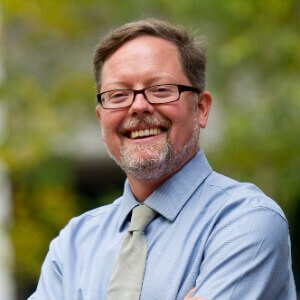
Hebei University of Technology
United States
Past-President, US Society For Biomaterials
Nominated for the Nobel Prize in Chemistry (2025)
Thomas J. Webster, Professor and Founder of over a dozen companies. Thomas J. Webster’s (H index: 130) degrees are in chemical engineering from the University of Pittsburgh (B.S., 1995; USA) and in biomedical engineering from RPI (Ph.D., 2000; USA). He has formed over a dozen companies who have numerous FDA approved medical products currently improving human health in over 30,000 patients. His technology is also being used in commercial products to improve sustainability and renewable energy. He is currently helping those companies and serves as a professor at Brown University, Saveetha University, Hebei University of Technology, UFPI, and others. Dr. Webster has numerous awards including: 2020, World Top 2% Scientist by Citations (PLOS); 2020, SCOPUS Highly Cited Research (Top 1% Materials Science and Mixed Fields); 2021, Clarivate Top 0.1% Most Influential Researchers (Pharmacology and Toxicology); 2022, Best Materials Science Scientist by Citations (Research.com); and is a fellow of over 8 societies. Prof. Webster is a former President of the U.S. Society for Biomaterials and has over 1,350 publications to his credit with over 55,000 citations. He was recently nominated for the Nobel Prize in Chemistry. Prof. Webster also recently formed a fund to support Nigerian student research opportunities in the U.S.
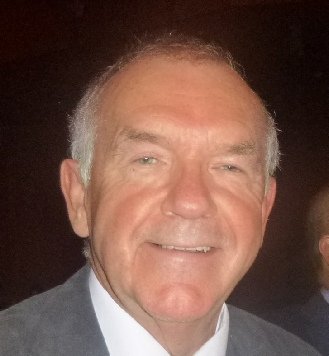
Vice President of the International Society of Digital Medicine (ISDM)
Director IORMA Futures Health and Wellbeing Technology Centre
United Kingdom
David Wortley is the author of “Gadgets to God”, a historical perspective of mankind’s changing relationship with technology over the last 60 years and a vision of the future impact of disruptive communications technologies on business and society. He is also a freelance consultant on the strategic use of immersive and emerging technologies such as serious games, virtual worlds and social networks. His passion is helping organisations and individuals to leverage the power of these technologies for competitive advantage and business/personal development. He is a Fellow of the Royal Society of Arts (FRSA) with a career which has embraced the converging and emerging technologies of telecommunications (Post Office Telecommunications), computing (IBM), digital media and community informatics (Mass Mitec, a rural SME) and the creative industries (De Montfort University Leicester, UK). He is a serial entrepreneur and innovator with a passion for applying technology to social and economic development. David recently supported De Montfort University in Leicester as a Research Fellow in the Art, Design and Humanities Faculty. He was also Founding Director of the Serious Games Institute (SGI) www.seriousgamesinstitute.co.uk at Coventry University and was responsible for the development of the Institute as a global thought leader on the application of immersive technologies (which include video games; virtual worlds and social networking) to serious social and economic issues such as education; simulation; health; commerce and climate change. Working with academics; regional development agencies and leading computer games companies, David made the SGI a focal point for games based learning, simulation and immersive 3D virtual environments and an engine for innovation and social and economic regeneration. David is a respected and sought-after international conference speaker and writer for global publications on Learning Technologies, Defence and Health applications. He has written numerous papers on technology and society and is a regular conference presenter.
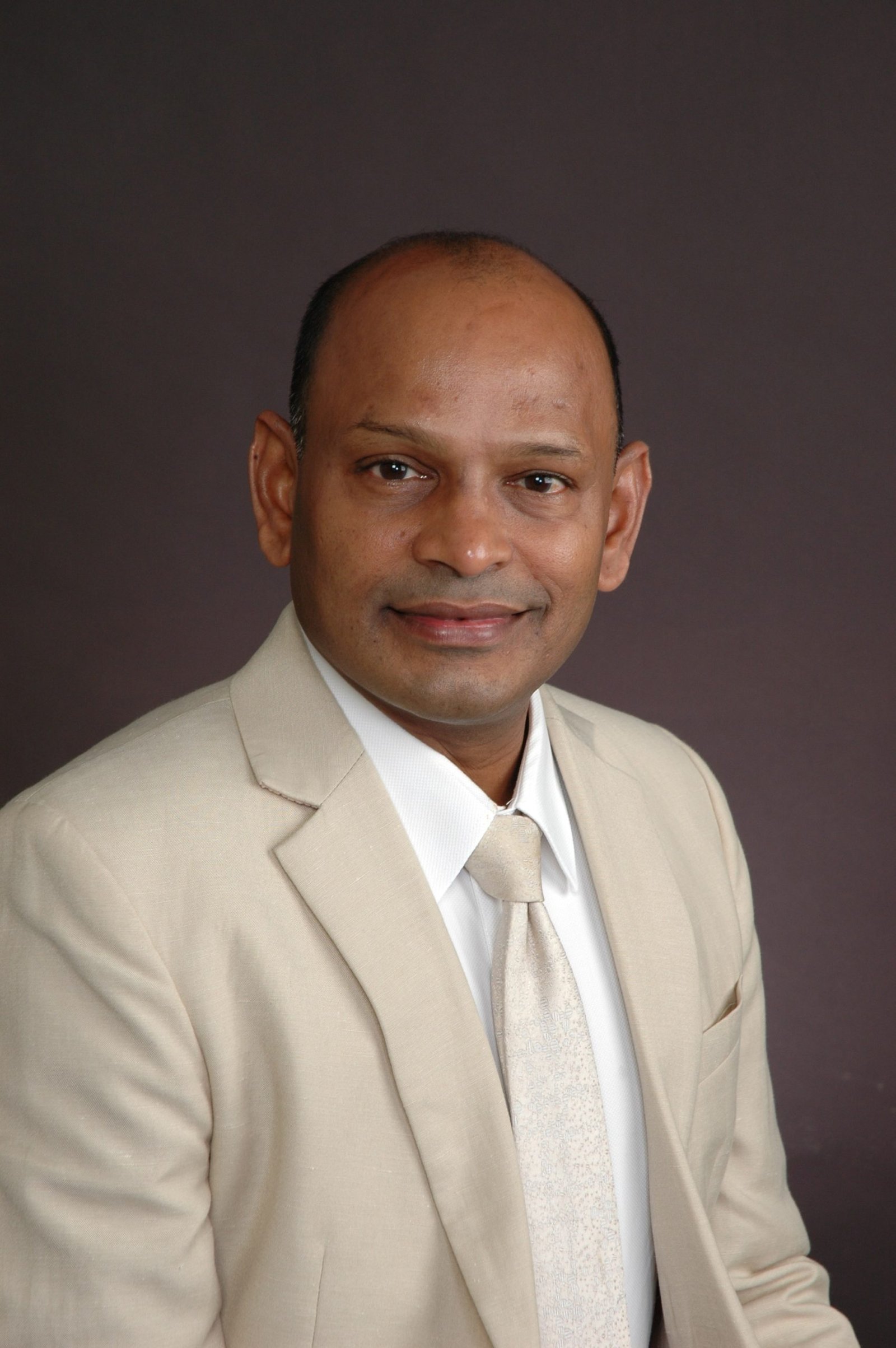
Dr. Seeram Ramakrishna graduated with a Master’s degree from IIT Madras in 1988, after having obtained a Bachelor of Engineering Degree from Andhra University. Subsequently, he pursued a Ph.D. from the University of Cambridge, UK, and the General Management Program from Harvard University, USA. He is currently a Professor and Director of the Center for Nanofibers and Nanotechnology in the Department of Mechanical Engineering, National University of Singapore (NUS). Dr. Ramakrishna’s leadership experience includes NUS’ University Vice-President (Research Strategy); Dean of Faculty of Engineering; Director of NUS Enterprise; Director of NUS Industry Liaison Office; Founding Director of NUS Bioengineering; Founding Director of NUS Nanoscience & Nanotechnology Initiative, NUSNNI; Founding Chairman of Solar Energy Research Institute of Singapore, SERIS; and Chair of Circular Economy Taskforce. Dr. Ramakrishna is an elected International Fellow of Royal Academy of Engineering, UK; Academy of Engineering, Singapore; National Academy of Engineering, India; ASEAN Academy of Engineering & Technology; ISTE, India; Institution of Engineers Singapore (IES); American Association for the Advancement of Science (AAAS); ASM International; American Society for Mechanical Engineers (ASME); American Institute for Medical & Biological Engineering (AIMBE); ImechE and IoM3, UK; and International Union of Biomaterials Science & Engineering (FBSE).
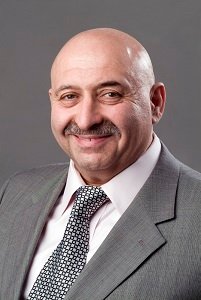
Dr. Boris Farber and his team are pioneering next-generation dynamic, self-adaptive, self-assembled medical drug with variable structure, design. Leveraging a unique blend of expertise in mathematical modeling, artificial intelligence (AI), and the Theory of Inventive Problem Solving (TRIZ), grounded in Patterns of System Evolution, Dr. Farber has dedicated his career to developing therapeutics that adapt to individual patient needs. His work delivers highly effective, tailored treatments for some of the world’s most challenging medical conditions. With a distinguished career spanning over four decades, Dr. Farber has developed a universal approach to creating drugs that protect kidneys from nephrotoxic agents, addressing a critical unmet need in modern healthcare. His innovative research integrates advanced mathematical modeling, bioengineering, and TRIZ methodology to produce dynamic, self-adjusting therapeutics customized for individual patients. His contributions include hundreds of inventions, numerous scientific publications, and international awards, establishing him as a visionary in translating scientific discovery into impactful medical solutions.
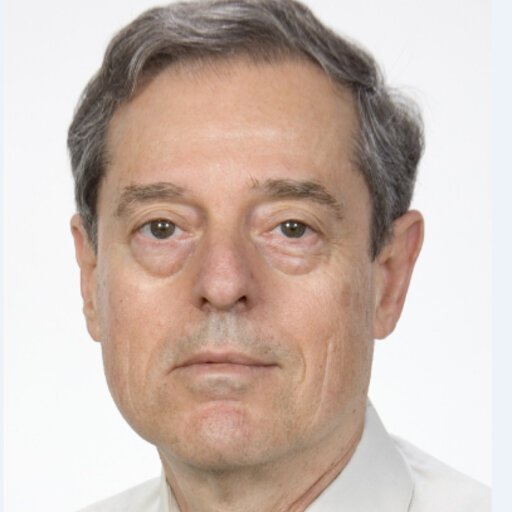
Giora Z Feuerstein obtained his MD and MSc (Pharmacology) from Hadassah Medical School. Thereafter, He obtained the Fogarty award from the NIH, Bethesda Maryland, for research fundamental mechanisms in cardiovascular diseases. Thereafter, Dr Feuerstein took a position to lead neurobiology research at USUHS Bethesda MD, with focus on stroke and genomic sciences. In 1988, Dr Feuerstein joined the pharmaceutical Industry (GSK, BMY, Wyeth/PFE) where he held executive and director positions on broad therapeutic areas. Dr. Feuerstein has been promoted to Vice President in Translational Medicine at Wyeth, where he will undertake global responsibilities. In 2009, as PFE acquired Wyth, Dr Feuerstein join the DOD as Technical and Medical officer for the Technical and medical officer for the medical counter measures program. In 1015, Dr Feuerstein joined a start-up partnership to develop nanoparticles-based programs for medical and diagnostics programs in nanoparticles and nanomedicine at large. Currently, Dr Feuerstein focus on developing biotechnology based sub-micron diamond particles as drugs carrier for liver cancer. Dr Feuerstein has published over 700 scientific publications and 9 edited scientific books. He holds inventor certificates (Patents) for twenty patents. Dr Feuerstein is rated by Research gate by H- factor of 94
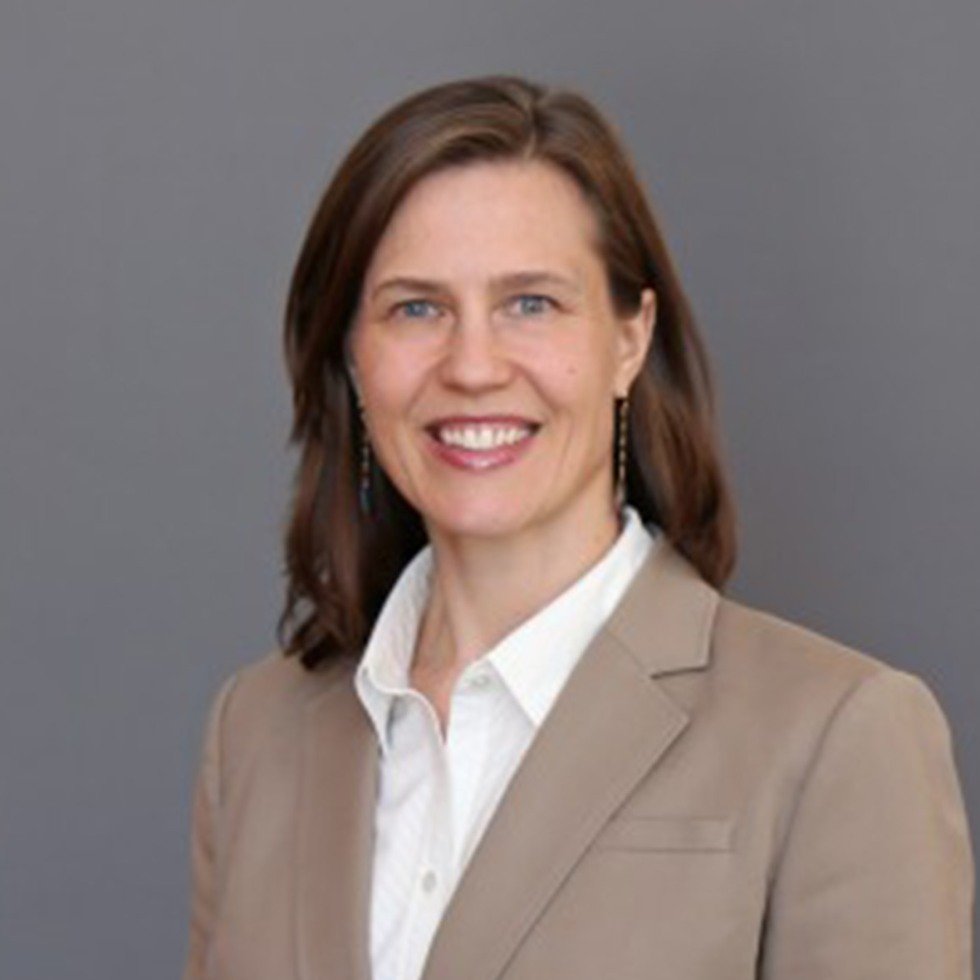
Dr. Coulombe specializes in cardiovascular regenerative engineering to address global needs to develop novel therapies for heart attack and technologies for cardiotoxicity assessment. A major focus of her research is to re-engineer contractility in the heart after myocardial infarction (heart attack) using engineered human myocardium with cardiomyocytes derived from human induced pluripotent stem cells. Complex biology underlies the engineering of heart tissue so that it has electromechanical function for predicting toxicity or integrating with the heart electrically and via neovasculature. Dr. Coulombe earned a B.S. in Biomedical Engineering at the University of Rochester summa cum laude in 2001 and was a Whitaker Predoctoral Fellow, earning a Ph.D. in Bioengineering at the University of Washington in 2007. She was an NIH Ruth L. Kirschstein post-doctoral fellow in Pathology at the University of Washington where she won an NIH Pathway to Independence K99/R00 award in 2012. She was recruited to Brown in January 2014 and is now an Associate Professor of Engineering in the Instute for Biology, Engineering and Medicine.
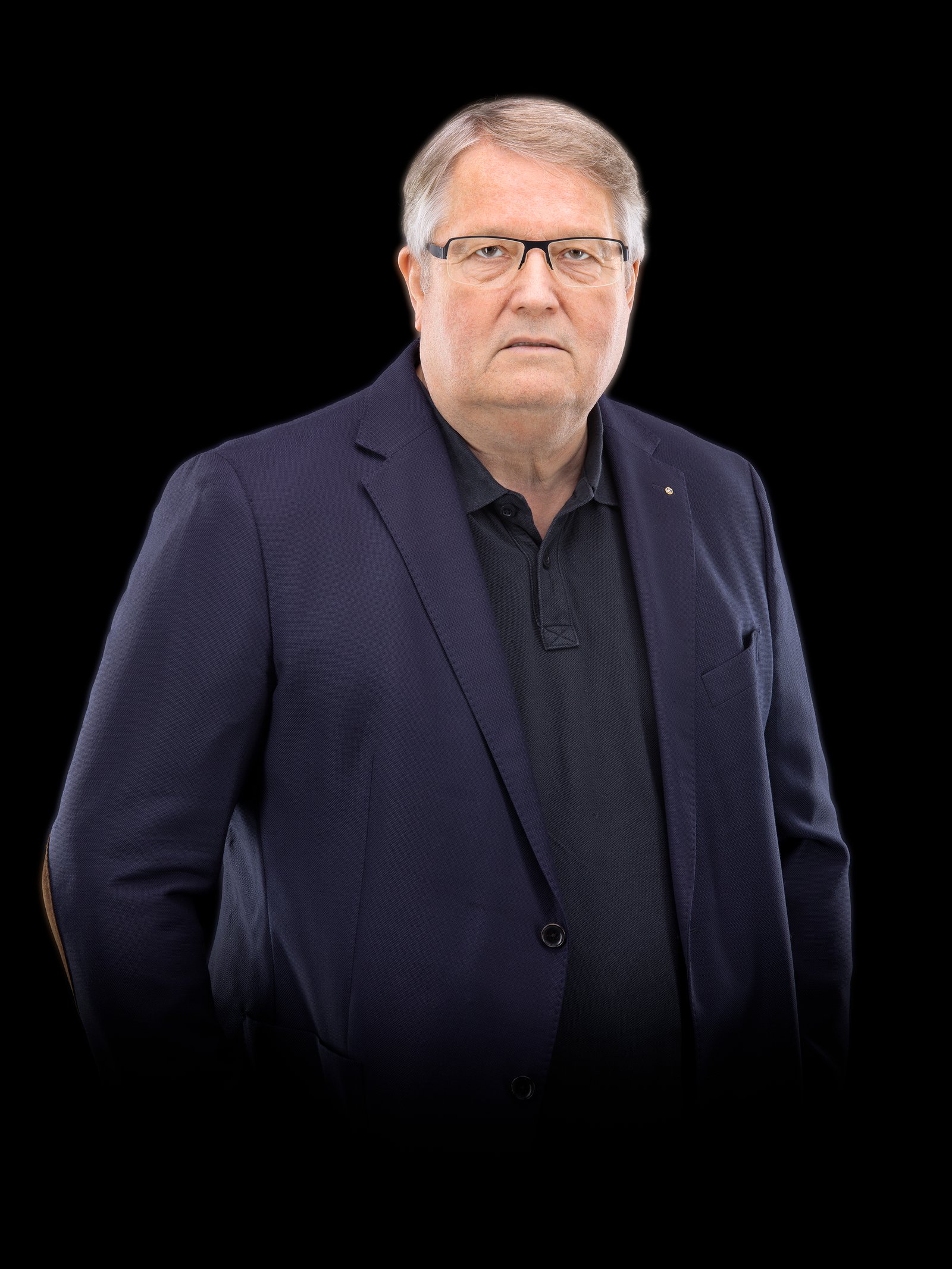
Albin Kaelin is the founder, owner and CEO of epeaswitzerland gmbh since its foundation in 2009 and has driven the development and implementation of the Cradle to Cradle® design concept in various areas of the company. As early as 1993, he initiated the development of the Climatex® product line, which produced the world's first Cradle to Cradle® products. Cradle to Cradle® design creates recyclable products by setting itself apart from conventional recycling and maintaining the quality of the raw materials over several product life cycles. All materials are considered nutrients and are used in defined cycles at the right time and in the right place. Awards: Honored with over 30 awards since 2022, including IE 100 Award- 2024 and 2025 Albin Kaelin - Most Innovative CEO of The Year testify to his leadership and innovative spirit. Author of the book: "From Rebel to Radical Innovator: Leading the Transformation through Circularity" by Albin Kaelin
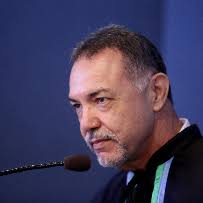
Paulo C. DE MORAIS (H-59), PhD, was full Professor of Physics at the University of Brasilia (UnB) – Brazil up to 2013, Appointed as UnB’s Emeritus Professor (2014), Appointed as Guest Professor of Huazhong University of Science and Technology – China (2011), Visiting Professor at Huazhong University of Science and Technology (HUST) – China (2012-2015), Appointed as Distinguished Professor at Anhui University (AHU) – China (2016-2019), Appointed as Full Professor at Catholic University of Brasília (UCB) – Brazil (2018), Appointed as CNPq-1A Research Fellowship since 2010. 2007 Master Research Prize from UnB, 2008-member of the European ERA NET Nanoscience Committee, Member of the IEEE-Magnetic Society Technical Committee, Senior Member of the IEEE Society, 2012 China’s 1000 Foreign Expert Recipient, and 2012 Academic Excellence Award from Brazilian Professor’s Union. He held two-years (1987-1988) post-doc position with Bell Communications Research – New Jersey, USA and received his Doctoral degree in Solid State Physics (1986) from the Federal University of Minas Gerais – Brazil. He graduated in both Chemistry (1976) and Physics (1977) at UnB. Professor Morais is member of the Brazilian Physical Society and the Institute of Electrical and Electronics Engineers – IEEE. He has served as referee for more than 50 technical journals, takes part of the Editorial Board of more than 15 technical journals and has conducted research on nanomaterials for over 40 years. He is known for his research in preparation, characterization and applications of nanosized materials (magnetic fluid, magnetoliposome, magnetic nanoemulsion, magnetic nanocapsule, magnetic nanofilm, magnetic nanocomposite, nanosized semiconductors, polymeric dots, carbon dots, and graphene quantum dots). With more than 500 published papers in peer reviewed journals, more than 13,500 citations, more than 200 international invited talks, and 16 filed patents. He has appeared in recent World ranking of top scientists, such as 2020-Stanford, 2022-Research.com, 2023-AD Scientific Index, 2023-Research.com, 2024-Elsevier, and 2025-AD Scientific Index.
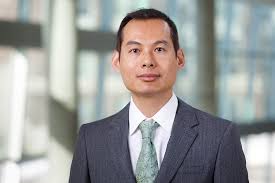
Dr. Xie received his bachelor's degree in 1999 and his master's in 2002 from Nanjing University of Technology, China. In 2007, he earned his PhD from the National University of Singapore. He then worked as a postdoctoral fellow in the Xia group at Washington University in St. Louis from 2007‐2010. He is currently a professor in the Department of Surgery, Division of Transplantation and Holland Regenerative Medicine Program at the University of Nebraska Medical Center. He has won several prestigious awards including Most Promising New Invention Award at UNMC in 2017, Maurer Scientific Achievement Award in 2019 and Distinguished Scientist Award at UNMC in 2021.
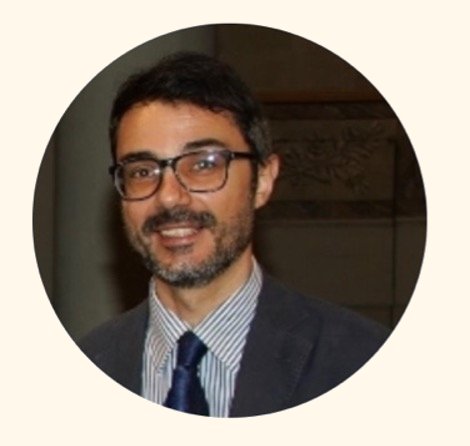
Dr. Mario Pagano is a Permanent Researcher at the National Research Council of Italy (CNR-IRET). He obtained his Ph.D. in Agrobiotechnology for Tropical Production from the University of Florence in 2012. His research primarily revolves around plant biophysics, with a specific focus on plant physiology and spectroscopic applications. He is the author of over 40 national and international scientific papers and holds a patent for a novel technology that enables non-invasive measurements of plant physiological parameters. He is a Corresponding Academic at the Italian Academy of Forest Sciences (Florence, Italy) and a full member of the Royal Society of Biology (London, UK). For more information, visit: https://paganomario.blogspot.com.
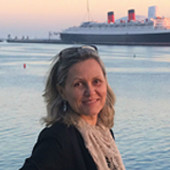
Will update soon
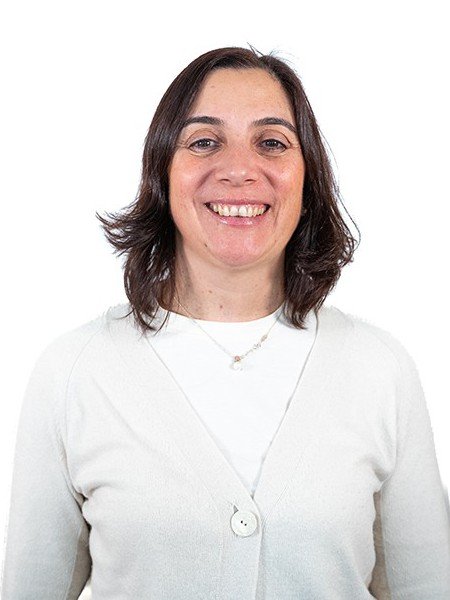
Susana Olhero (SO) is nowadays a Principal Researcher in CICECO (Aveiro Institute of Materials)/UA (University of Aveiro) and member of the Executive Board of Department of Materials Engineering and Ceramics (DEMaC)/CICECO/UA. SO has a Doctorate degree in the field of Material Science and Engineering from University of Aveiro (2006). From 2006-2014 was a pos-doc researcher at University of Porto and University of Birmingham, in strong collaboration with CICECO/University of Aveiro. From 2015-2018, SO was Assistant Researcher at CICECO/UA (FCT grant (IF/00951/2014). The focus of her research has been the development of 3D structures by near net shaping colloidal-based techniques, including additive manufacturing of various functional ceramics for several applications, including biomaterials for bone regeneration. Susana Olhero is author of 73 publications in peer review international journals, 2 book chapters and 1 national patent, with over 1650 citations, h-index 25. Susana Olhero supervised/Co-supervised 2 PhD, 11 Master Thesis and several research fellows (Pos-doc and PhD) from her Projects.
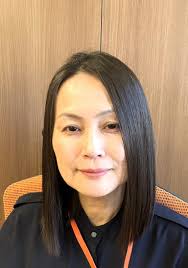
The National Institute of Advances Industrial Science and Technology
Japan
Leader, Networ Informatics Team, Computational Biology Research Center (CBRC), National Institute of Advanced Industrial Science and Technology, Japan (Concurrently) Visiting Associate Professor of Ochanomizu University, Japan (Concurrently)
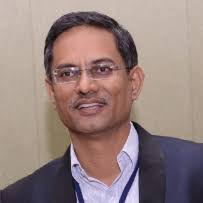
T. V. V. L. N. Rao currently works at the Faculty of Engineering, Assam down town University. He does research in Tribology, Lubrication, Bearings, Machining, Manufacturing. His current projects are 'Performance analysis of journal bearing with slip textured surface configurations', 'Partial Slip Texture Slider and Journal Bearing Analysis', 'Performance analysis of bearing using multi-layered film lubrication', 'Texture Foil Journal Bearing'
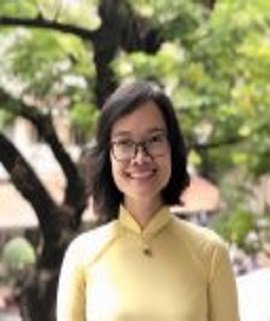
Thao Thi Phuong Nguyen has been working as a senior researcher at Vinmec Research Institute of Stem Cell and Gene Technology. She is also the president of the Academy of Medical Sciences in Vietnam. She is a distinguished young researcher specializing in mental health, psychology, applications of artificial intelligence in medicine, and stem cell research. She has received numerous notable awards from the Vingroup Innovation Foundation (2020-2023), the São Paulo Advanced Science School for Pandemic Preparedness Fellowship (2023), and the Researcher Connect Programme Fellowship of the British Council (2023). She is the first Vietnamese female Ph.D. to be elected to the Global Young Academy (2024-2029). She earned her Medical Doctor degree in Preventive Medicine from Hue University of Medicine and Pharmacy, Vietnam, in 2014, followed by a Master's degree in Medicine and a Doctorate in Public Health from Hanoi Medical University, Vietnam.
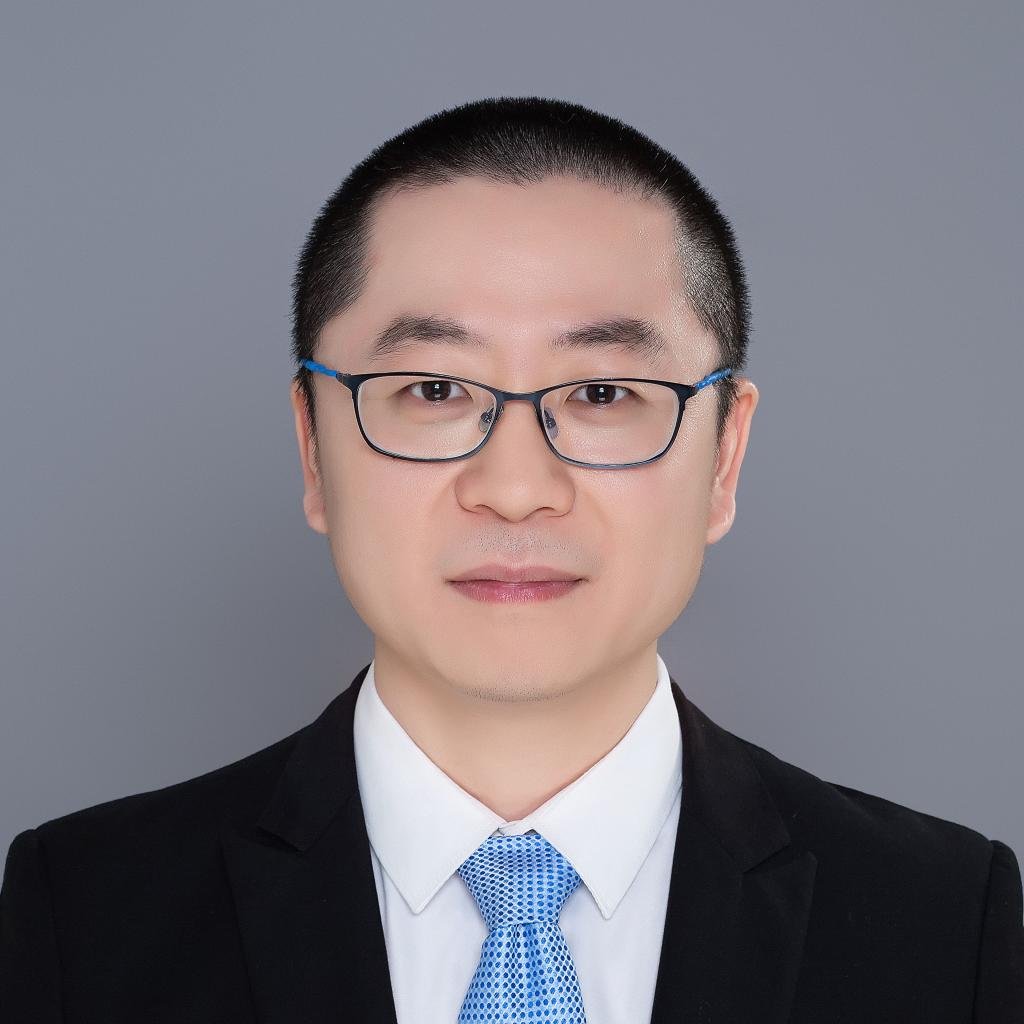
Honglin Zhongreceived his Ph.D. degreefromUniversityof Maryland, United States. He is currently a professor at the Institute of Blue and Green Development, Shandong University, and was the visiting scholar at the International Institute of the Applied Systems Analysis, Austria. His researchis founded by the Taishan Scholar Program (Youth) of Shandong Province. His research interests primarilyfocuson thefood system sustainable development under future socio-economic and climate change scenarios, includingsustainable low-carbon agricultural system, global food trade and supply chains and the related food security. He has published over30 papers in peer-reviewed journals, includingNature Sustainability,NatureFood, andPNAS-nexus. His studies have received citations fromtopjournals such asNatureSustainability. He serves as the PI or Co-PI forfiveresearch projects funded by theNational Science Foundation of China(National and Shandong Province),the National Social Science Foundation of China(Major and Key projects),the Ministry of Science and Technology(Qinghai) and the Inter-American Development Bank. He serves as an editorial board member forFrontiers of Earth Sciences andmanypolicy reports have received positive feedback and commendations from leaders of theCentral and the local (Shandong, Qinghai) Governments.
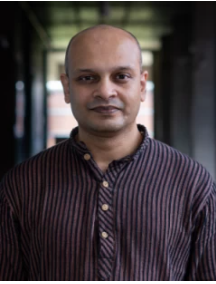
Professor Ganguli received his PhD from the Institute of Chemical Technology, Mumbai. He has more than eight years of experience in the chemical industry and has worked across the breadth of the domain, with projects spanning computational fluid dynamics of multiphase flows, process modelling, process equipment design and optimisation, plant support for extractive systems and some commodity chemical processes. He has received a number of laurels for his work, including the Abhaynkar Award in ICT, Mumbai and the Patent Award in the Saudi Arabia Basic Industries Corporation (SABIC). He has about 18 international publications in such journals as Chemical Engineering Science, Chemical Engineering Research and Design, American Insitute of Chemical Engineers (AIChE), and Physics of Fluids. He has already amassed 250 citations to his publications. He is also a member of Indian Institute of Chemical Engineers and American Chemical Society.
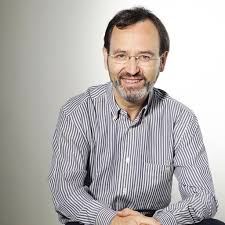
Alberto T. Estévez (Barcelona, 1960), Architect (UPC, 1983), Architecture Ph.D. of Sciences (UPC, 1990), Art Historian (UB, 1994), Art History Ph.D. of Arts (UB, 2008). With a professional office of architecture and design (Barcelona, 1983-today). Chairman-Professor (Professor) in Architecture, teaching in different universities, in the knowledge's areas of architectural design, architectural theory and art history (TU Wien, UB Barcelona, Uni-ak Wien, Elisava-UPF, UDEM Monterrey). Founding as first Director the ESARQ School of Architecture (UIC Barcelona, 1996), as an avant-garde international school in its first decade: it was then the first school in the world with an architecture curriculum including –among other things– mandatory subjects of sustainability and international cooperation, as well as laboratories for biological architecture (genetics: for first time in the history of architecture, geneticists working with architectural objectives, in a real application of genetics to architecture) and digital architecture (manufacturing). He also founded two research lines there, with two officially accredited research groups, two masters' degrees and Ph.D. programs: “History, Architecture and Design” (UIC Barcelona, 1998- today) and “Genetic Architectures / Biodigital Architecture” (UIC Barcelona, 2000-today). As well as the Master of International Cooperation with Alex Levi and Amanda Schachter (UIC Barcelona, 2004-today). He was also the Founder and 1st Director of the UIC Barcelona PhD Program of Architecture. He has written more than two hundred publications, and has participated in a large number of exhibitions, congresses, committees and juries. Invited to give more than one hundred lectures around the world, presenting his ideas, research, projects and works of architecture and design: in the last 20 years on biodigital architecture & genetics. He was also Vice-Chancellor/General-Manager of UIC Barcelona (Universitat Internacional de Catalunya), where he is currently the Director of iBAG-UIC Barcelona (Institute for Biodigital Architecture & Genetics) after founding it.
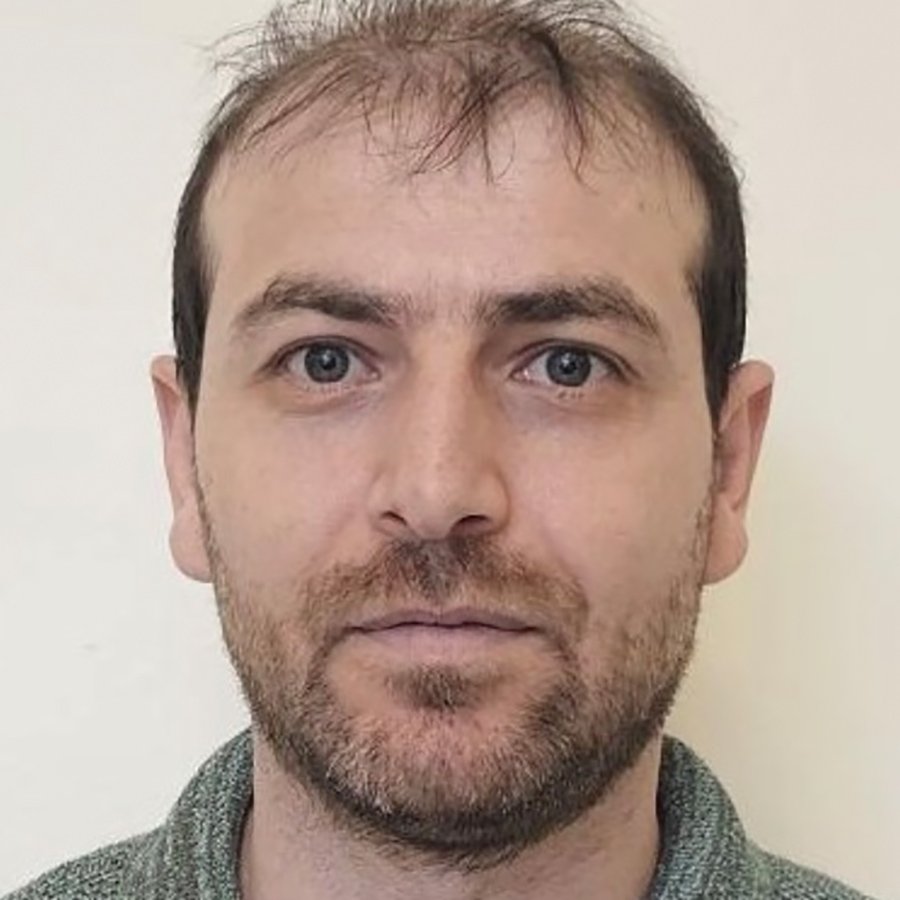
Sami Ramadan works on developing costeffective biosensor technology based on nanomaterials for early detection of disease biomarkers.
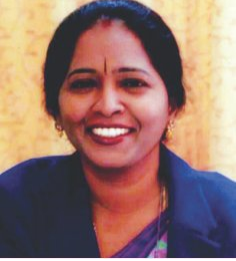
Dr. A. Roja Rani has completed Bachelor's and Master's degree from Osmania University and Ph.D. in Life Science (Plant science Biotechnology) from Hyderabad Central University, Hyderabad under the guidance of Prof. G. Padmaja. She was selected for Raman Fellowship for Post Doctoral Research in United States of America for the year 2012-2013. Her areas of research interest include plant tissue culture, plant transformation, molecular biology, qualitative and quantitative assessment of biochemical compounds extracted from medicinal plant and to test for their medicinal properties against cancer and diabetes. She has organized several National conferences and workshops. She has completed UGC MJRP project, while CEPEPA, DST PURSE and DST-SERB funded projects are in progress. Currently, eight students are working for their Ph.D degree under her supervision. She has 17 publications to her credit in International journals. She has visited Singapore and USA.

will update soon
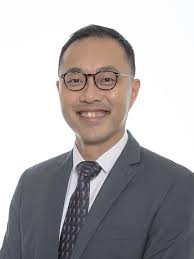
Zhi Xiong is Assistant Dean (Education) of NUS Medicine. He is Chairperson of Asia-Pacific Biomedical Science Educators Association and Board Member of International Association of Medical Science Educators. Zhi Xiong is Principal Investigator of Neurodevelopment and Cancer Laboratory at NUS Centre for Cancer Research and Joint Scientist of KK Women’s and Children’s Hospital. Involved in the education of medical, dental, pharmacy and life sciences students, Zhi Xiong is exploring ways to broaden health professions education and promote transdisciplinary learning with specific interests in the role of medical sciences in health professions practice, faculty development, student affairs and medical education technology.
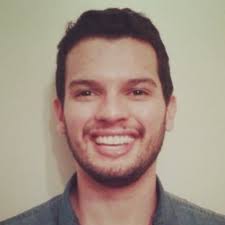
He holds a degree in Chemistry - Bachelor's degree from the Federal University of Uberlândia (2010). He completed a Master's degree in Science in the area of Development, Characterization and Application of Materials (2013) at the School of Engineering of São Carlos, University of São Paulo (EESC-USP) and a PhD in Sciences (Chemistry) at the Faculty of Philosophy, Sciences and Letters of Ribeirão Preto - University of São Paulo (FFCLRP-USP). He is currently a researcher working on themes focused on the development of materials applied to tissue engineering, at the Faculty of Philosophy, Sciences and Letters of Ribeirão Preto - University of São Paulo (FFCLRP-USP). He has experience in the area of characterization and development of materials, specifically working on research related to the formation and application of polymeric films aimed at the development of drug carrier systems for cancer treatment, in addition to the study and application of polymeric materials aimed at cellular interaction. Working on themes such as Photodynamic Therapy, Nanotechnology and Cancer
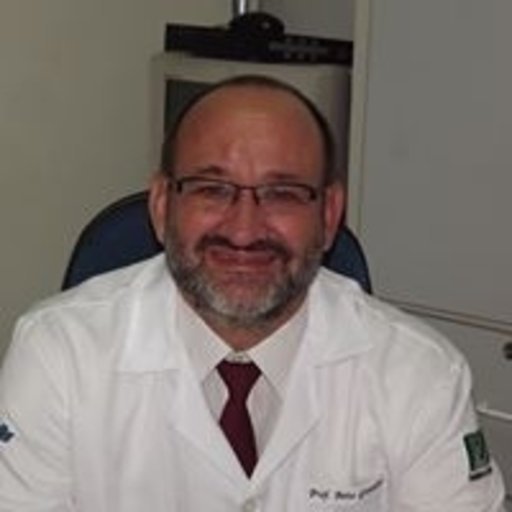
He holds a degree in Physics from the Federal University of São Carlos (1985), a master's degree in Physics from the University of São Paulo (1988), a PhD in Physics from the University of São Paulo (1993), a postdoctorate in Physics from the Università Degli Studi di Roma "La Sapienza" (1996-1997) and a postdoctorate in Physics from the Universidade Estadual Paulista de Mesquita Filho (2002). He is currently a Full Professor and coordinator of the Postgraduate Program in Materials Science and Technology, as well as coordinator of the Anelasticity and Biomaterials Group. He is a Fellow, Biomaterials Science and Engineering (FBSE). He is an ad-hoc consultant for the National Council for Scientific and Technological Development, the São Paulo State Research Foundation and the Coordination for the Improvement of Higher Education Personnel. He holds a Research Productivity Fellowship (proc. 308204/2017-4) from the National Council for Scientific and Technological Development. He is a member of the Latin American Society of Biomaterials and Artificial Organs, the Brazilian Society of Physics, the Brazilian Society of Vacuum, the Brazilian Society for Materials Research, the Brazilian Society of Microscopy and Microanalysis, and The Minerals, Metals Materials Society (TMS). He is an institutional evaluator for the National Institute for Educational Studies and Research and the State Council of Education of the State of São Paulo. He has experience in Physics and Metallurgy, with emphasis on Metallic Biomaterials (especially titanium-based alloys) and Mechanical and Acoustic Properties of Condensed Matter.

Instituto Distrital de Ciencia, Biotecnología e Innovación en Salud
Colombia
will update you
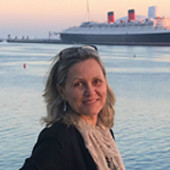
Will Update soon
Will update soon
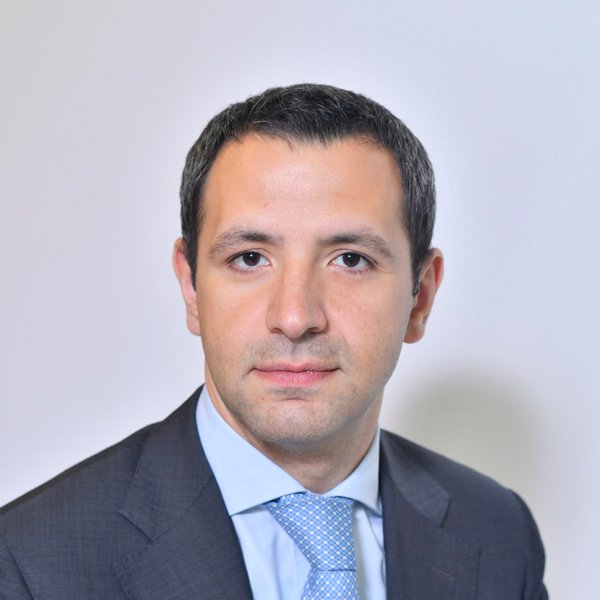
Ceo & Art Director Marco Morelli Hair Suite and Founder e Ceo Markmore srls
Italy
Marco Morelli is an Associate Professor of Practice in Accounting and Control at SDA Bocconi School of Management and a part-time lecturer in Programming and Control at the Department of Accounting at Università Bocconi. A member of the faculty at SDA Bocconi since 2005, he currently serves as the Program Coordinator for Executive MBA (EMBA) Programs and Program Director for open programs focusing on finance for non-finance managers. Over the years, he has been involved in training and research initiatives with major multinational companies in various sectors, including pharmaceuticals, sports, food and beverage, healthcare, publishing, art, and culture. His research focuses on performance measurement systems and cost management, with a specific focus on different sectors such as food and beverage, sports, entertainment, pharmaceuticals, and healthcare. Currently, his research is centered on three themes: managing innovation processes in control systems, the evolving role of controllers, and value-based healthcare management. Marco has authored numerous essays and articles, and his works have been published in prestigious journals including Health Services Management Research, Journal of Management Control, and Asian Pacific Journal of Accounting and Economics. He holds a Bachelor's degree in Economics for Arts, Culture, and Communication from Università Bocconi, a Ph.D. in Management from Università Cattolica of Milan, and has completed the International Teachers Programme (ITP) at HEC Paris. He is currently a Visiting Professor at HEC Paris.
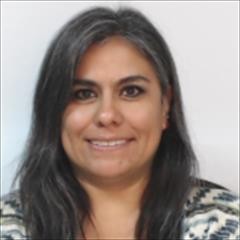
She holds a Bachelor's degree in Communication Sciences from the University of Sonora; a Master's degree in Gender Studies from El Colegio de México; and a PhD in Social Sciences specializing in Globalization and Territories from El Colegio de Sonora. She is currently a full-time professor in the Department of Sociology and Public Administration at the University of Sonora and belongs to the National System of Researchers as a Candidate. She has been an Associate Researcher for the PRONACES Project "Contributing to the Decarbonization of Mexican Cities through an Electric Transportation and Sustainable Mobility Ecosystem: Case Studies and Intervention in Two Polar Cities (Cuernavaca, Morelos, and Hermosillo, Sonora)," led by El Colegio de Sonora; and is a member of the Gender Equity Commission of the Social Sciences Division at Unison. Her lines of research are: Gender (gender identities; gender, space, and spatial practice-experience; gender and social inequalities; gender violence; masculinities), qualitative analysis of public policies, cultural studies, the labor market, and vulnerable groups. He has published articles in indexed and popular science journals, as well as book chapters related to his research.
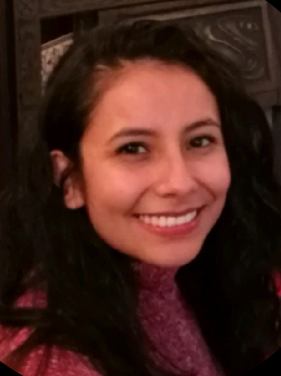
Her initial interest in human physiology in health and disease led me to gain a BSc degree in Human and Medical Sciences from the University of Westminster in 2016 and then a MSc in Musculoskeletal Science from UCL in 2018. During all those study years, I developed a strong interest in the use of biomaterials and cell culture as research tools, an interest which has become the foundation of my PhD project. My research focuses on developing and characterising biomaterials that can be used as substrates and exploring their potential application in biomedicine. My project entails a close collaboration between UCL Eastman and the Institute of Pharmaceutical Science at King’s College London.

Will Update soon...
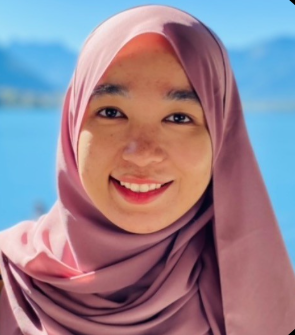
Will update soon
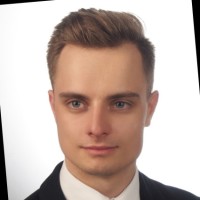
Will update soon
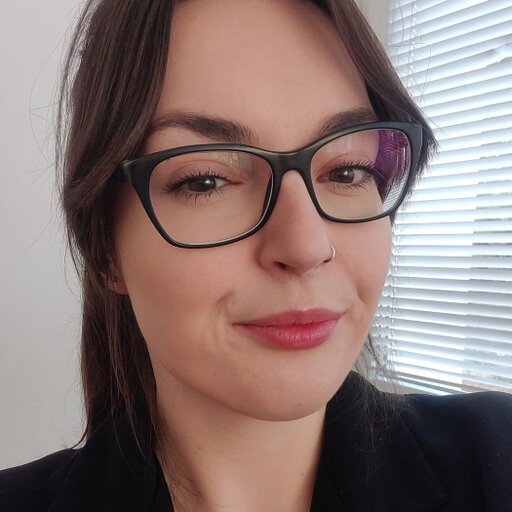
Will Update soon

will update soon
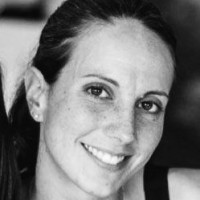
Stefania Marzorati is a Researcher at the Department of Environmental Science and Policy of the University of Milan. Her research projects are focused on the development of biochar-based materials for wastewater treatment through bioelectrochemical technologies and on the valorization of waste biomass from agri-food chains with the aim of extracting bioactive compounds with high added value and macromolecules of interest for the development of active materials (active food packaging, scaffolds for biomedical applications, drug delivery systems). The techniques developed in the research lines point to the sustainability of the overall processes, for this reason “unconventional” and green technologies such as bioelectrochemical systems and the use of supercritical fluids are selected. The products resulting from the developed processes and materials are analysed through physico chemical, analytical and spectroscopic techniques such as HPLC and UPLC-MS, FTIR, Raman spectroscopy, electrochemical techniques.
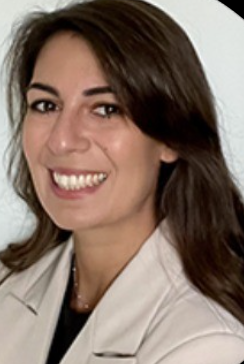
Dr. Giordana Martinelli is currently a PhD researcher at the Department of Environmental Science of the University of Milan. She graduated in pharmaceutical biotechnology with an experimental thesis regarding the chemical synthesis and chemical characterization of peptides. The main purpose of her research is to develop innovative biomaterials from sea urchins waste aimed to the valorization of these products for regenerative medicine for skin regeneration. The activities involve their chemical, analytical and biological characterization.

My scientific career has been focused on Materials Science and Nanotechnology, Nanochemistry, (Bio)Analytical Chemistry, Nanomedicine, and Green Chemistry, which has allowed me to obtain a clear interdisciplinary and multidisciplinary background. In brief, I have expertise on the design, synthesis, and characterization of novel functional hybrid organic-inorganic nanomaterials, and their following exploitation in diverse (bio)applications. Nowadays, my research is mainly focused on developing multifunctional Metal-Organic Framework (MOF)-based nanocomposites with promising applications in the biomedical and catalysis fields. I graduated in Chemistry from the University of Córdoba in 2006, and obtained a European PhD degree in the Analytical Chemistry Department at the same University in 2011. Afterwards, I worked in a biotech company (Biomedal, Seville) as technical responsible of the analytical department and R&D projects during 2012. From 2013 to 2017, I was a member of the group of Prof. Wolfgang J. Parak, first in the Phillips-University of Marburg (Germany) as a Humboldt Fellow, and next in his group at CIC biomaGUNE (San Sebastian, Spain) as a Juan de la Cierva-Incorporación Fellow. In 2018, I joined the BionanoTools group in CiQUS (Santiago de Compostela, Spain) Marie Skłodowska-Curie fellow, where I set up a new research line (metal-organic frameworks MOFs for bioapplications) in the group. Later, I moved to the Organic Chemistry Department of the University of Córdoba in 2020 as PI of a Young Research Project (JIN MINECO). In April 2021, I started as a “Ramón y Cajal” Researcher at the University of Seville (Spain), and just a few months later (in December 2021) I got a permanent position as a Tenured Scientist of the Spanish National Research Council (CSIC) to work at Institute for Chemical Research (IIQ-CSIC-University of Sevilla).
Choose Your Pricing That Fits You Best
We are
proud to host our upcoming conference in the vibrant city of Chicago, a
world-renowned destination for culture, architecture, and innovation. Chicago’s
official tourism agency, Choose Chicago, was established to unify and
enhance the city's tourism efforts under the visionary leadership of former
Mayor Rahm Emanuel. Today, it partners with key organizations such as the Metropolitan
Pier and Exposition Authority, the City of Chicago, and the Illinois
Department of Commerce and Economic Opportunity to provide an exceptional
visitor experience. As the largest convention centre in North America, McCormick
Place is the premier venue for major international events and conventions.
It offers state-of-the-art facilities just minutes from Chicago’s vibrant
downtown and lakefront.
Visitor
Information & Iconic Attractions.
Your journey begins at the historic Chicago Cultural Center, which
serves as the city’s main Visitor Information Center. From there,
explore nearby Grant Park, often referred to as "Chicago’s front
yard,".